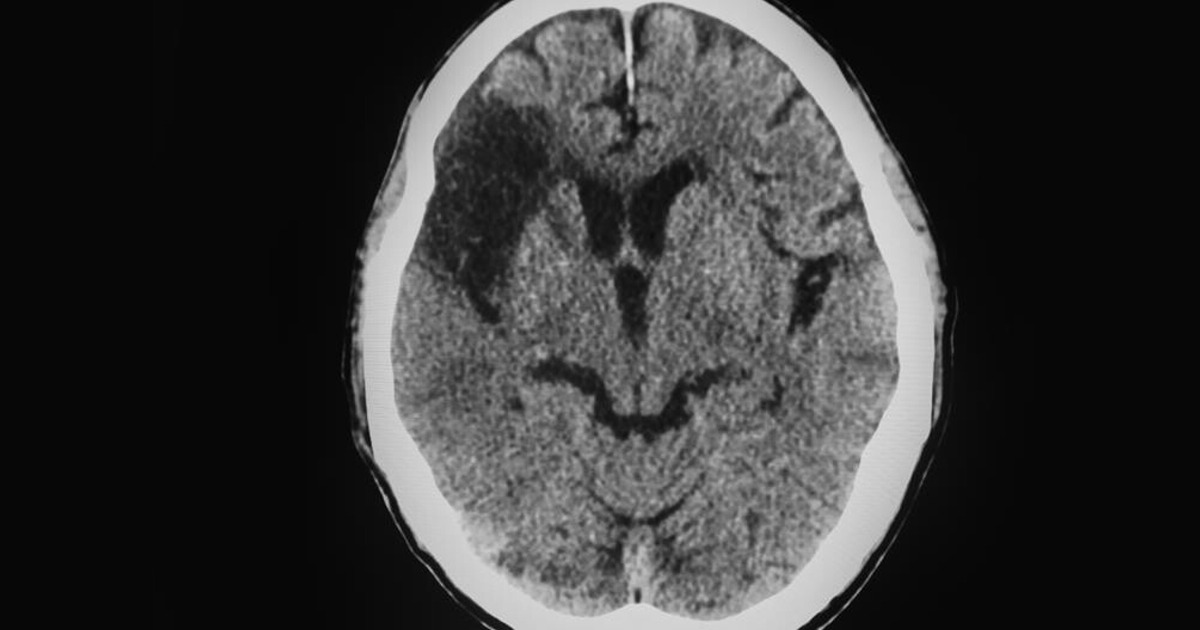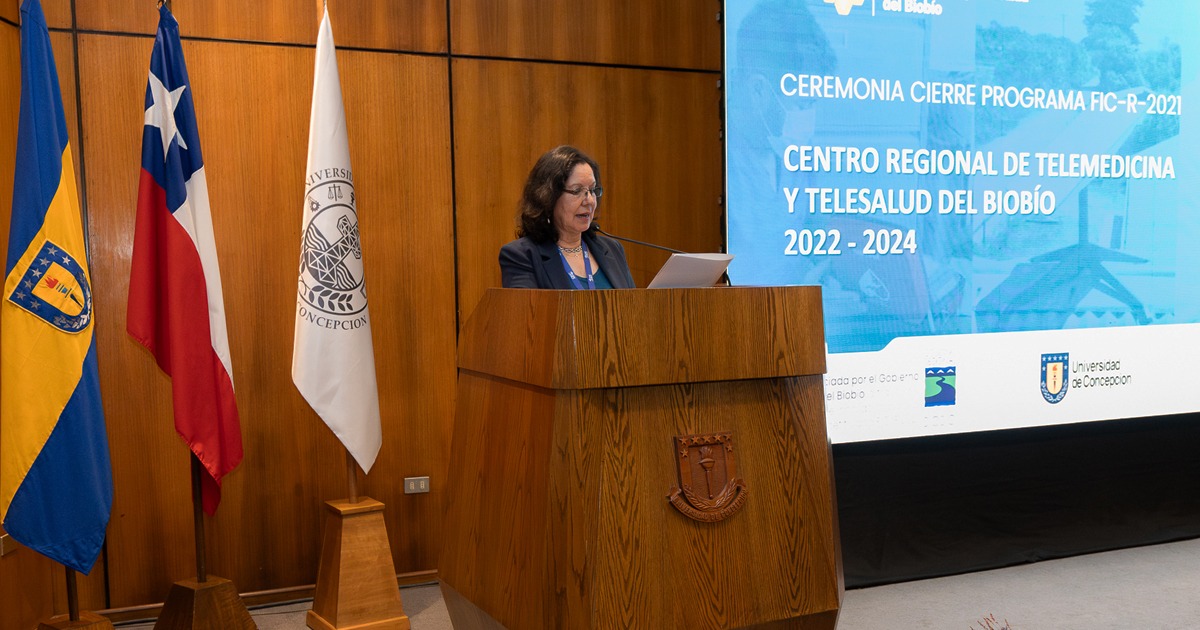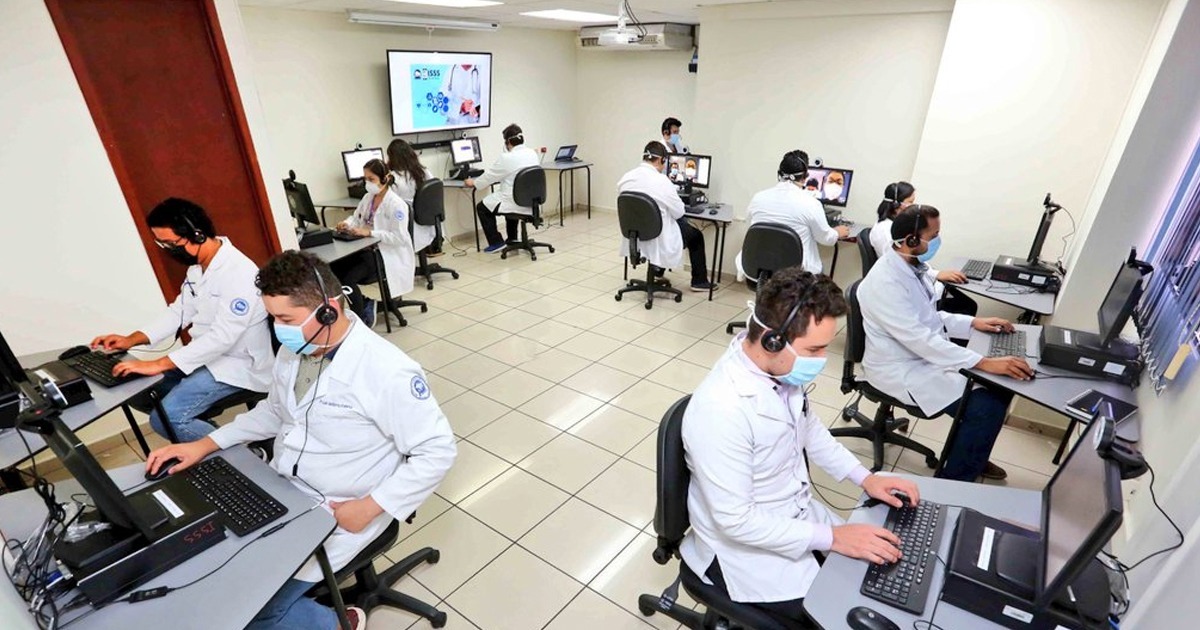On July 5th, the World Health Organization (WHO) published a preliminary version of the Global Digital Health Strategy 2020-2024, making some changes to the specific implementation principles section.
WHO has a three-tier approach to the delivery of Digital Health services, first policymakers who support decision-making from the local and regional levels to the national level, who must ensure the ethical, safe and sustainable use of technology applied in health.
The second level professionals , they are generally health professionals, who aim to use technologies to provide effective health care services to the population. The third level concerns the population, as the objective of the effective implementation of Digital Health is to improve their health and well-being through these services.
WHO suggests that countries plan the application of Digital Health technology in their health systems. WHO sees the adoption of Digital Health as an accelerator of the Sustainable Development Goals. That is why it does not focus on providing solutions to specific groups at specific sites, but also to include children and adults in urban and rural areas.

Within the Global Digital Health Strategy, WHO considers the following points as strategic objectives:
- Promote global collaboration and advance the transfer of knowledge on digital health.
- Advance the implementation of national digital health strategies.
- Strengthen governance for digital health at global, regional and national levels.
- Advocate people-centred health systems that are enabled by digital health.
Within the implementation of the strategy and action plan, two aspects were modified, the general implementation principles and the specific principles of implementation.
Among the changes that were added to this version of the overall strategy is the following excerpt that corresponds to specific principles:
“A national interoperable digital health ecosystem should be set up in such a way that the information technology health infrastructures are both interoperable among each other and capable of sharing health data with infrastructures of other countries”
In addition, the document proposes coordinated collaboration between Member States on the health data economy, promoting the use of big data, and Artificial Intelligence under appropriate ethical principles and a revision of regulations.
WHO has a robust strategy that includes different guidelines on health and digital health. We invite you to read the full document at the following link: https://www.who.int/docs/default-source/documents/gs4dhdaa2a9f352b0445bafbc79ca799dce4d.pdf?sfvrsn=f112ede5_48





